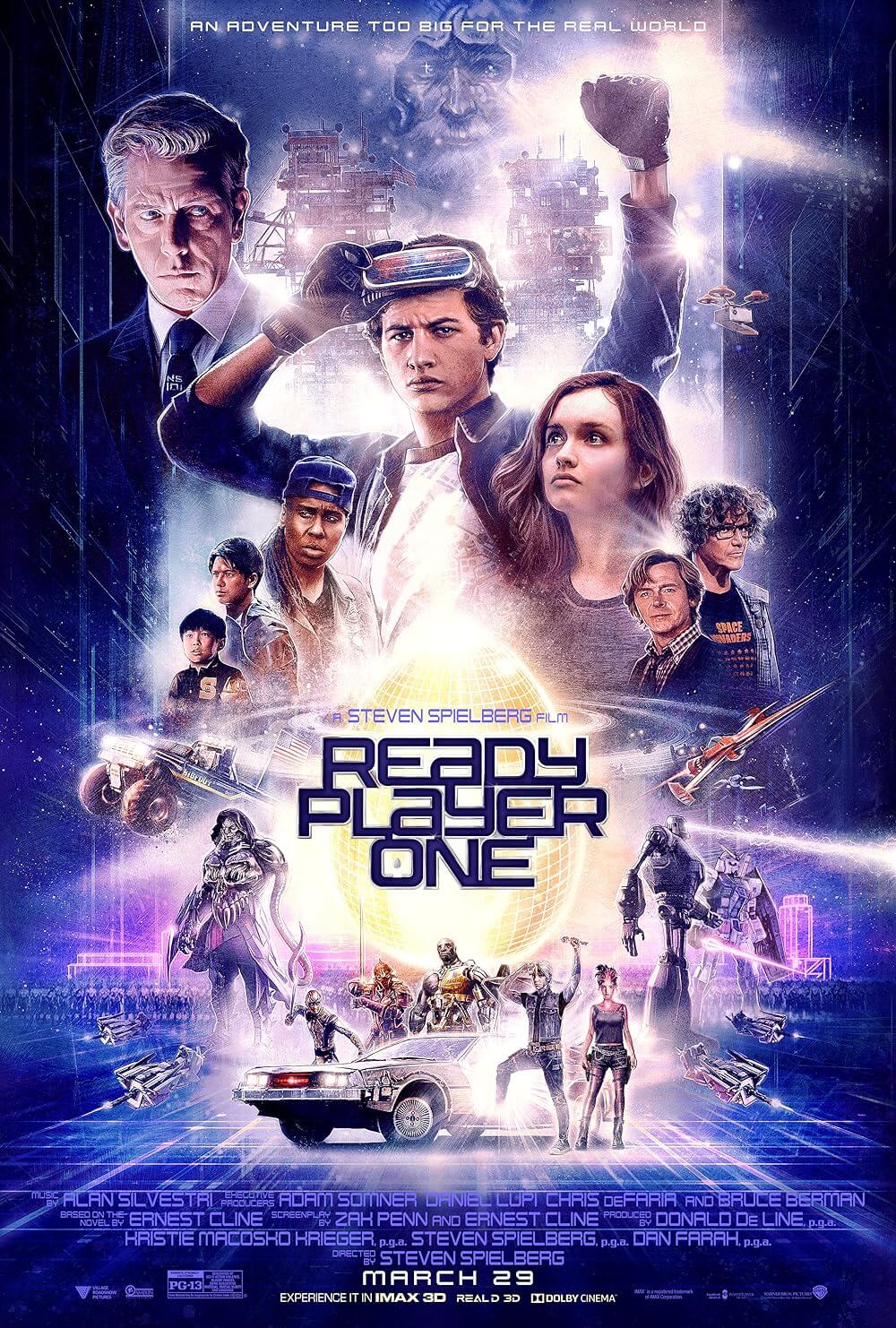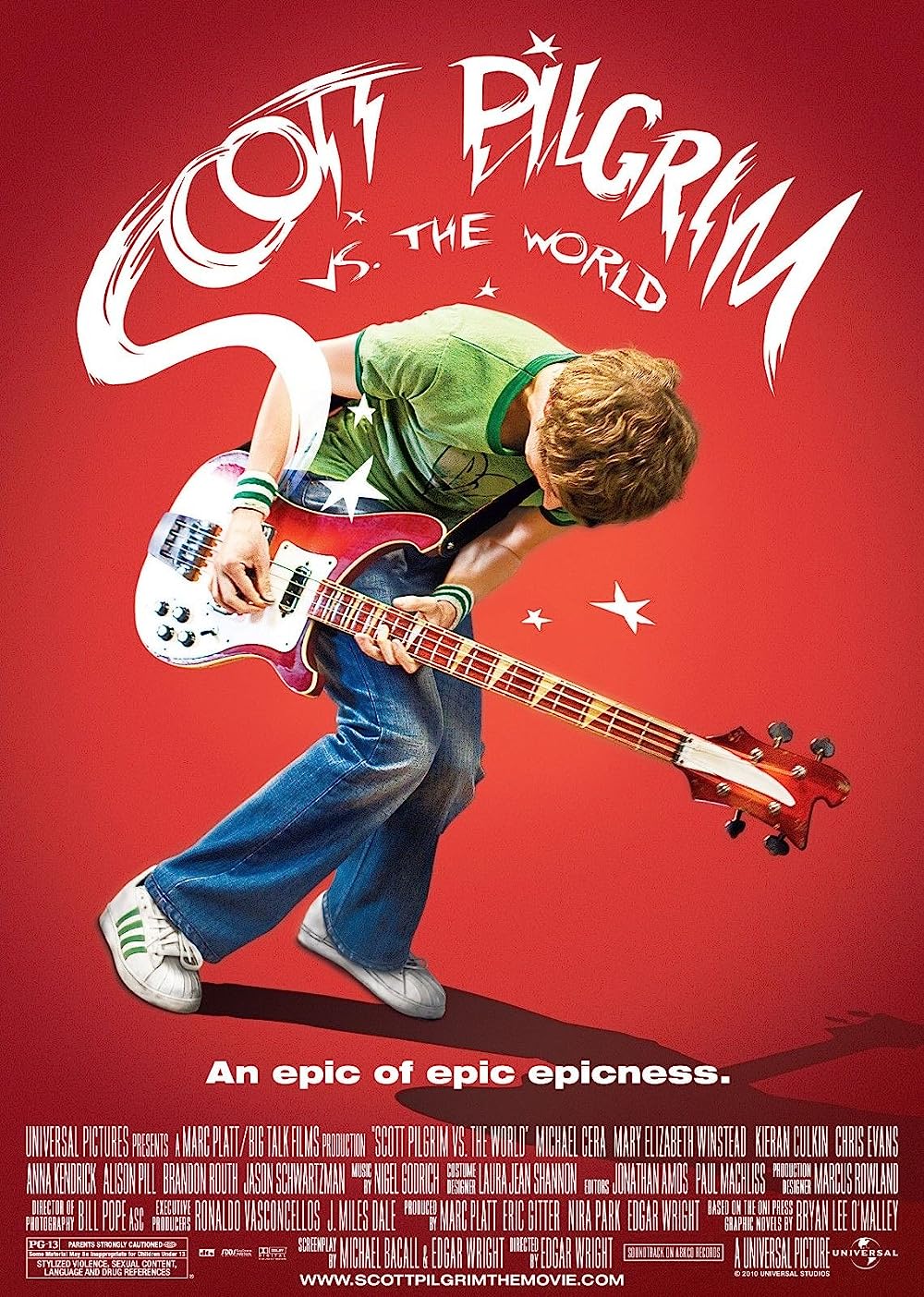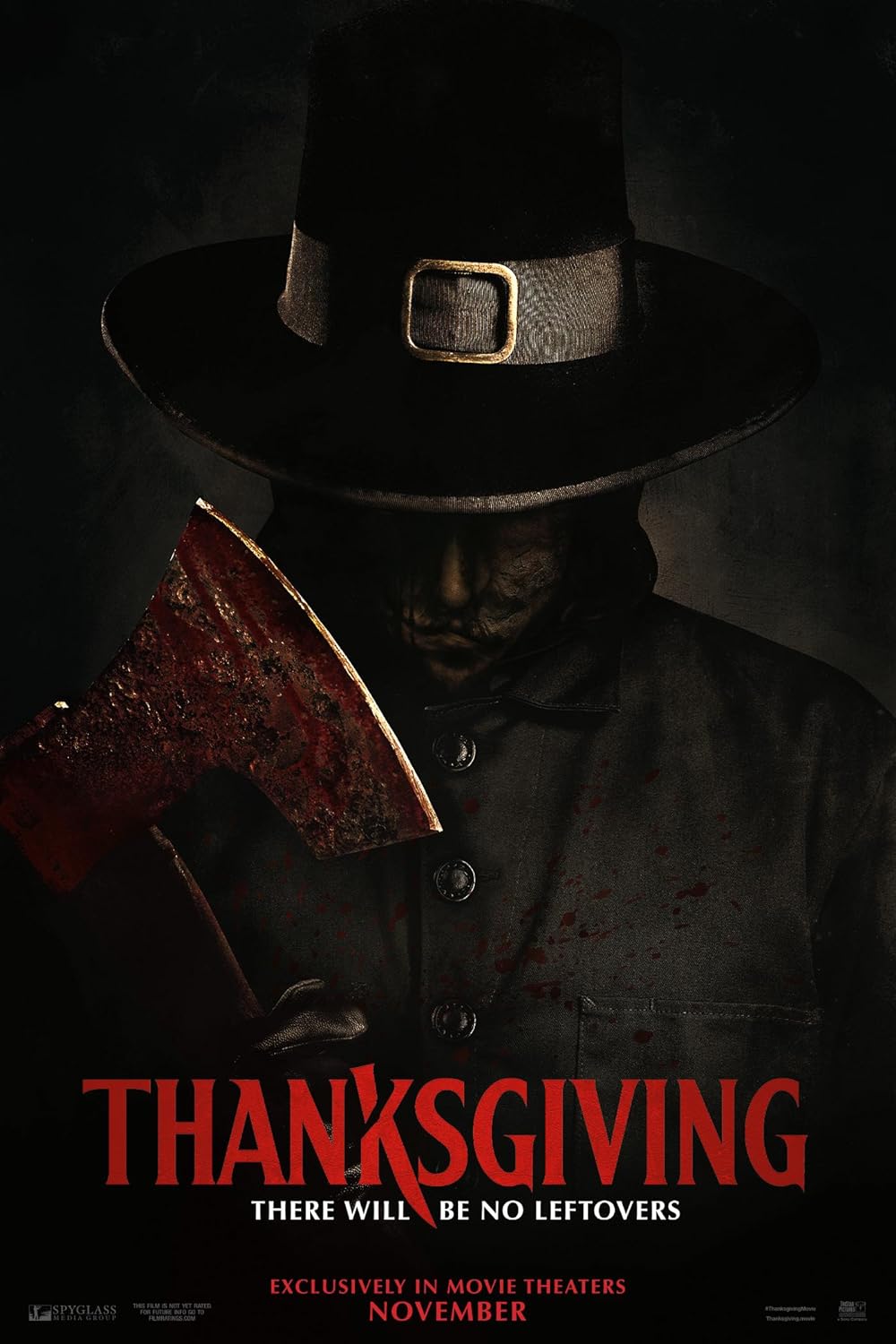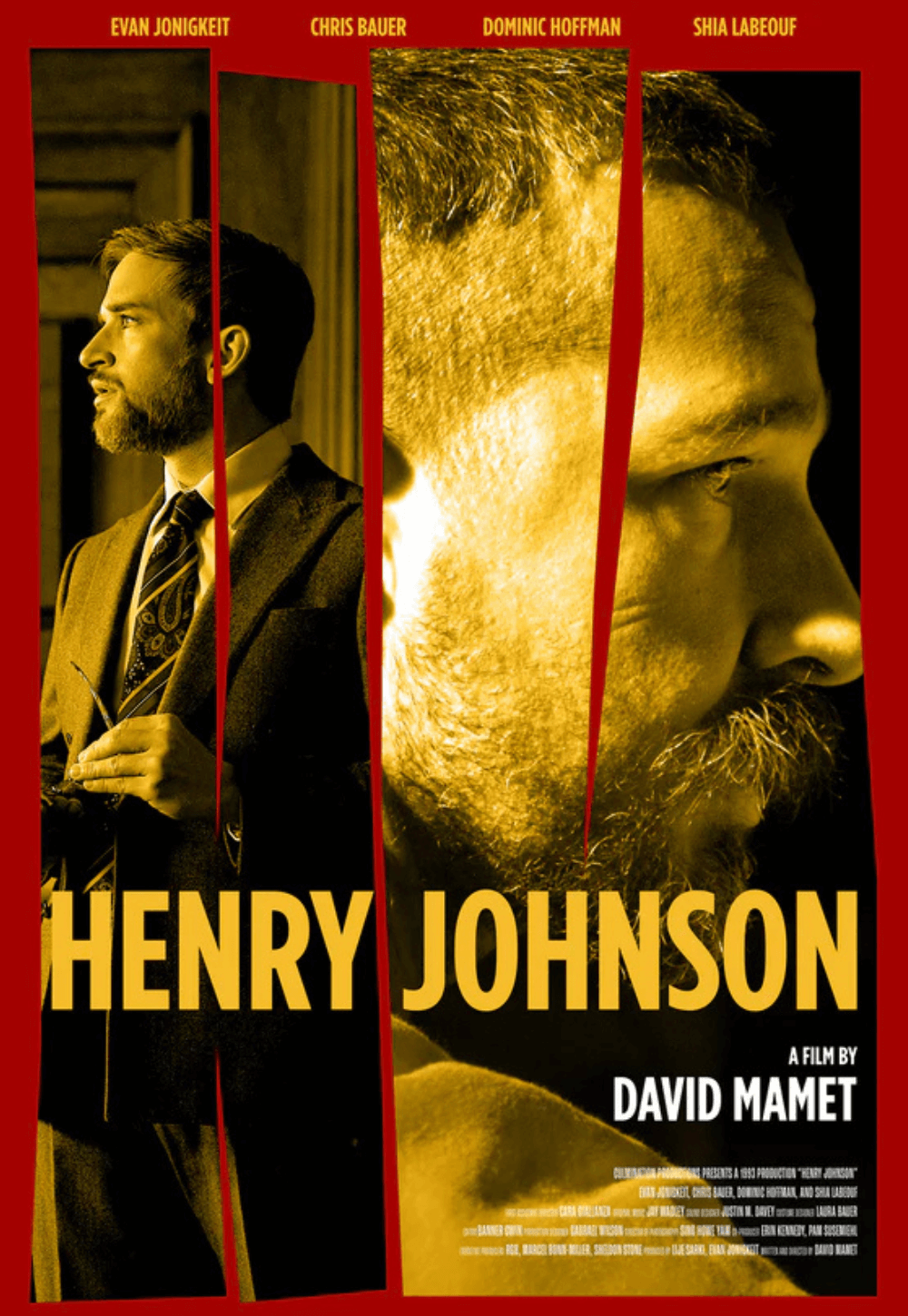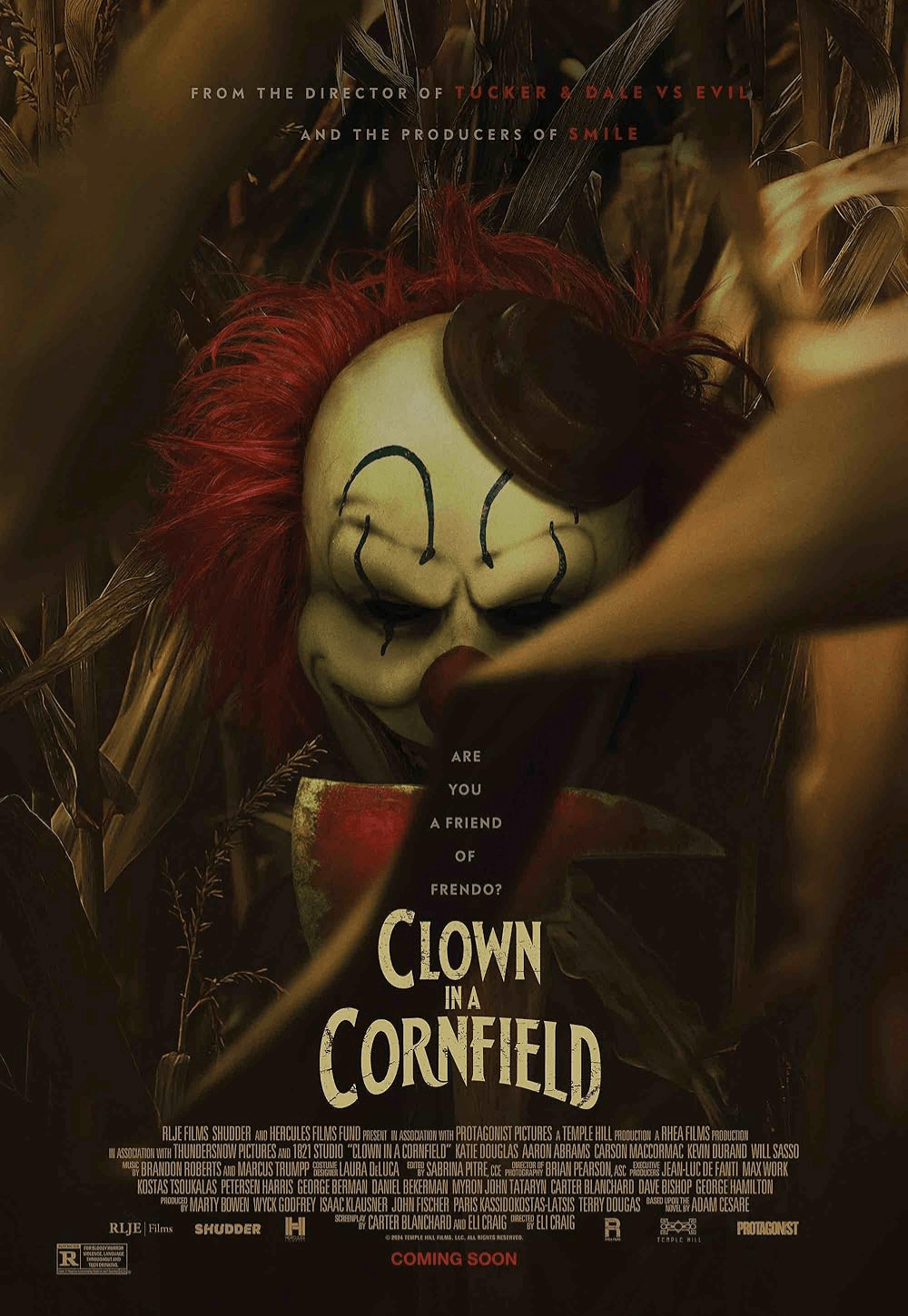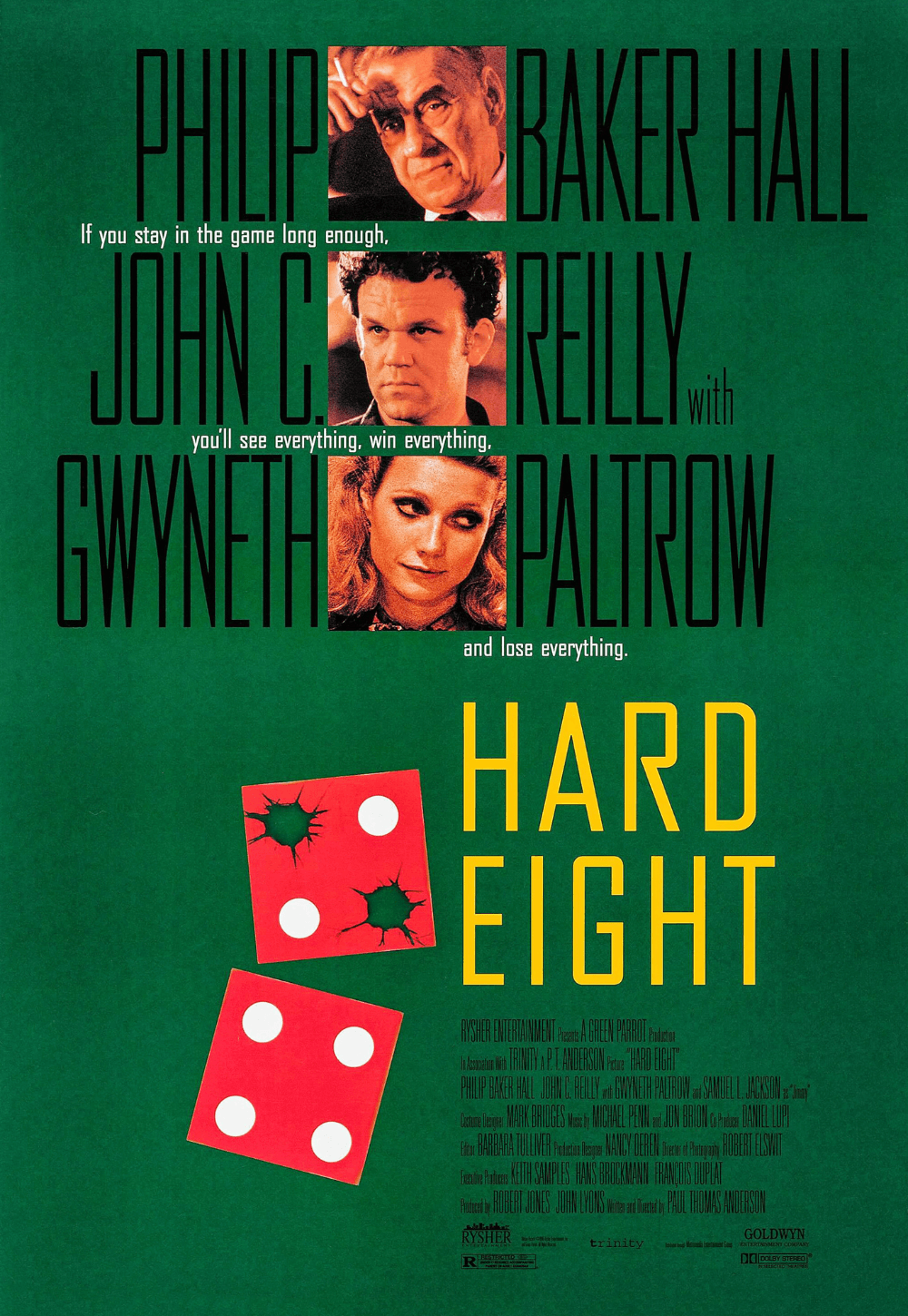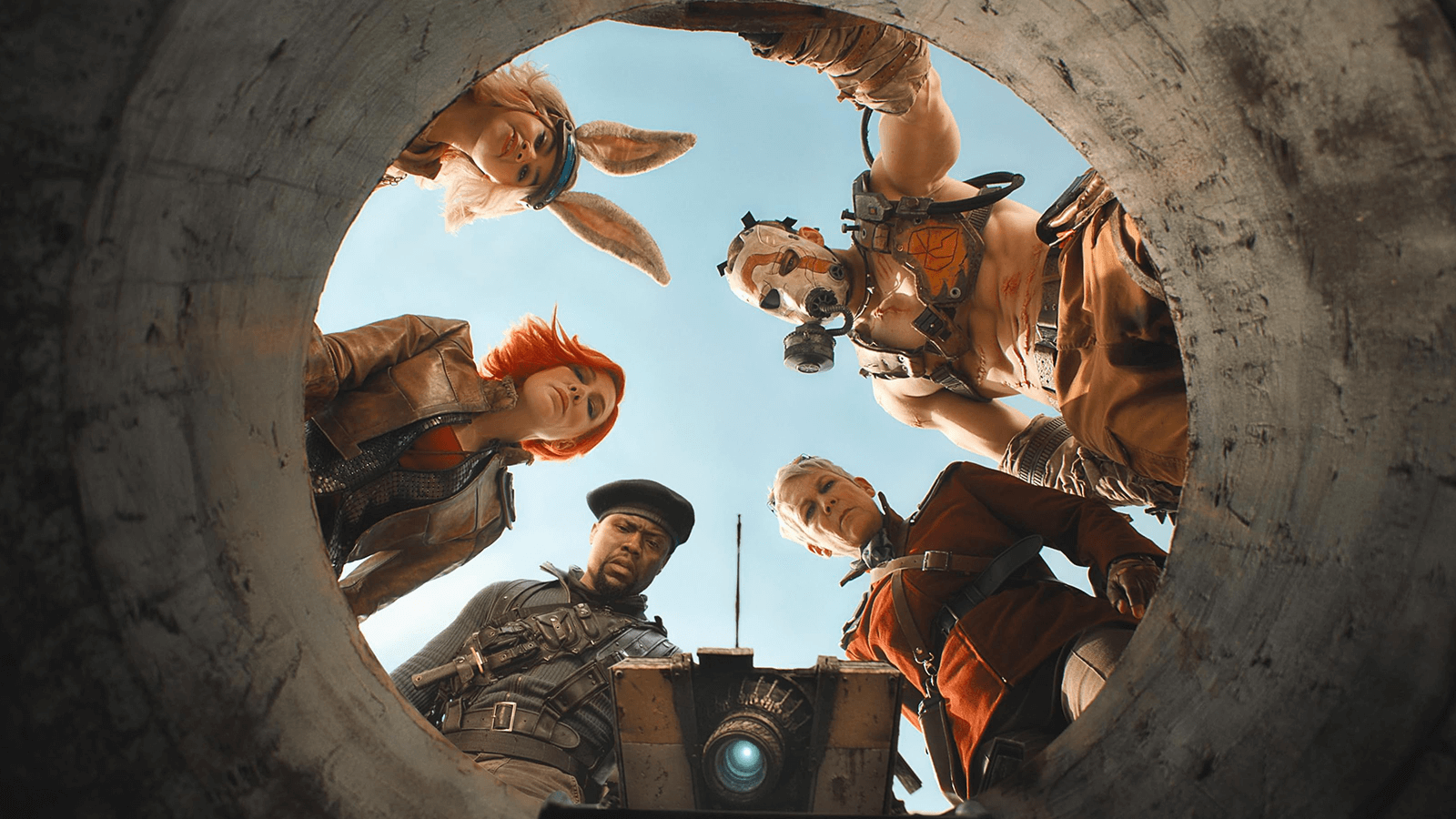
Borderlands
By Brian Eggert |
They call Hollywood the entertainment capital of the world—a place where the world’s most talented actors, writers, directors, and producers collaborate to bring cinematic dreams to life. Tinsel Town boasts about its vast resources, such as filmmaking technology, a wealth of skilled creatives and craftspeople, and marketing firms to sell their products. Filmmakers around the world dream of working there and using a studio’s considerable toolkit to shoot a movie millions of people will see. So why, given this concentration of infrastructure, means, and skill, can so few filmmakers figure out how to adapt a video game to the big screen? That question nagged at me throughout Borderlands, director Eli Roth’s take on the first-person shooter series by Gearbox Studios. The game is a personal favorite of mine for its frantic gameplay and goofy, macabre sense of humor. Yet, given the movie’s budget of over $120 million and star-studded cast, the main problem with Borderlands is that troublesome detail without which there would be no movie: the script. Like any number of video-game-to-cinema adaptations, the writing is an inexplicable mess.
The screenplay is a compendium of clichéd dialogue and hackneyed plot devices credited to Roth and Joe Crombie. Characters say things like “I’m too old for this shit,” and “Maybe we got off on the wrong foot,” and “You call that a plan?” and “Bet you didn’t see that coming.” One line after another feels drawn from a hat of stock action movie phrases. But Roth and Crombie inject a few of the twisted jokes, personalities, and riotously morbid lines that the game’s players will recognize. However, Borderlands is rated PG-13, likely to help younger viewers boost the opening weekend box-office receipts. In service of that commercial ambition, the distributors at Lionsgate have ensured their movie never quite feels part of the game’s messed-up alien post-apocalyptic world, where cannibalistic psychos declare their horrific intentions for your corpse and explode like blood balloons when defeated. Instead, the filmmakers have leaned into the aspects of Borderlands that resemble Star Wars and Guardians of the Galaxy, smoothing out the material’s idiosyncrasies for something more conventional.
It’s frustrating, not only as someone who has played the 2009 game and its various sequels and spinoffs, but also because it’s evident that so much about Borderlands looks right. Roth and production designer Andrew Menzies capture the personality of Pandora, the wasteland planet where an ancient species, the extinct Eridians, hid their treasure and technology inside an undiscovered vault. Plenty of lovingly translated details replicate those from the games, from the vehicles to the arsenals to the logos of various corporations vying for power. The characters, too, look the part. With fiery orange hair and sexy hip swagger, Cate Blanchett exudes badass energy as Lilith, a bounty hunter with a destiny on Pandora. Ariana Greenblatt dons bunny ears and a pink nose bandage to play Tiny Tina, a warped kid with a penchant for explosives. In an amusing role, Jack Black voices the CGI robot Claptrap, the resident R2-D2 armed with a single wheel and sarcastic comic relief. Others include a bland Kevin Hart as dry military guy Roland, Jamie Lee Curtis as awkward scientist Dr. Tanis, and Gina Gershon doing her best Mae West as Mad Moxxi. Edgar Ramírez plays the generic bad guy, Atlas, and doesn’t even pretend he’s not just showing up for the paycheck.
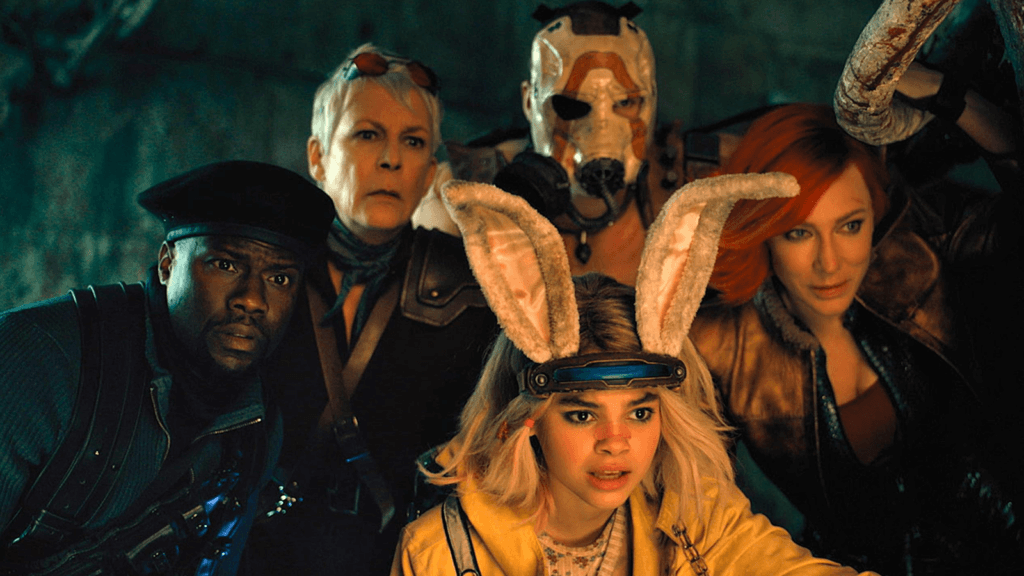 That the production nailed the visual iconography shouldn’t surprise anyone. Borderlands feels crafted not out of love but out of a rabid need to exploit intellectual property for its commercial potential. So while the surface may resemble the game—something Lionsgate can sell—the characters seldom inhabit the same irreverent scenarios. Nor do the action sequences have the same organized chaos as the games. Even so, as a rule, I maintain that this doesn’t matter. The source material (be it a game, book, play, history, etc.) and the movie based on it remain two separate creative endeavors. As long as the movie does its job—by supplying entertainment in a cohesive piece of commercial art—any complaints about faithfulness are nitpicks best left to gamer forums. With that in mind, Roth still delivers a stinker. At 100 minutes, it’s both too short and too long: Too short for its characters and mythology to be adequately established, despite Lilith’s near-omnipresent and expository narration, and too long to spend with these hollow, candy-colored avatars.
That the production nailed the visual iconography shouldn’t surprise anyone. Borderlands feels crafted not out of love but out of a rabid need to exploit intellectual property for its commercial potential. So while the surface may resemble the game—something Lionsgate can sell—the characters seldom inhabit the same irreverent scenarios. Nor do the action sequences have the same organized chaos as the games. Even so, as a rule, I maintain that this doesn’t matter. The source material (be it a game, book, play, history, etc.) and the movie based on it remain two separate creative endeavors. As long as the movie does its job—by supplying entertainment in a cohesive piece of commercial art—any complaints about faithfulness are nitpicks best left to gamer forums. With that in mind, Roth still delivers a stinker. At 100 minutes, it’s both too short and too long: Too short for its characters and mythology to be adequately established, despite Lilith’s near-omnipresent and expository narration, and too long to spend with these hollow, candy-colored avatars.
Much about the production is uneven. The actors look like cosplayers inhabiting spaces from embarrassing CGI realms, and some impressive tactile sets look like leftovers from Furiosa. Most of the actors strain credibility and never disappear into their characters. However, Blanchett owns her role and appears to be having fun in her futuristic getup, shooting slick weapons and flying around with (laughable-looking) fire wings. The action scenes have a tepid, occasionally incoherent, and lifeless quality—perhaps owing to Roth’s absence from the two weeks of reshoots. Although reshoots are commonplace in big-budget productions, the reported action punch-up by Roth’s stand-in, producer and Deadpool (2016) director Tim Miller, lacks much energy or invention. Editors Julian Clarke and Evan Henke cut the footage into nonsensical pieces, turning every shootout and even the climactic battle into a thrill-less viewing experience. Worse, they engage in a critical pet peeve of mine—a montage just before the big reveal, recapping all of the apparent clues throughout, just in case the viewer missed them, which we did not.
The movie’s general B-movie flavor, which at times reminded me of a similar letdown, Judge Dredd (1995), might have worked to its advantage had Roth leaned into the game’s outlandish and unserious tone. But the filmmaker attempts to imbue underdeveloped characters with unearned dramatic arcs, which left me feeling removed from most scenes. Sure, fans will savor the occasional Easter egg or reference to some obscure detail from the games, but they’ll more frequently feel underwhelmed by Roth’s toothless adaptation. Borderlands isn’t strange enough to satisfy the game’s fanbase, and it’s not cohesive enough to interest a new audience. And yet, there’s a glimmer of potential in the movie, enough to leave the viewer feeling disappointed instead of just annoyed for watching something incompetent. The result shows signs of a potentially entertaining genre mishmash amid its flaccid conflict and predictable plotting, which is almost worse than an unrelenting disaster. Borderlands isn’t a total waste, but it squanders all that it gets right with everything it gets wrong.
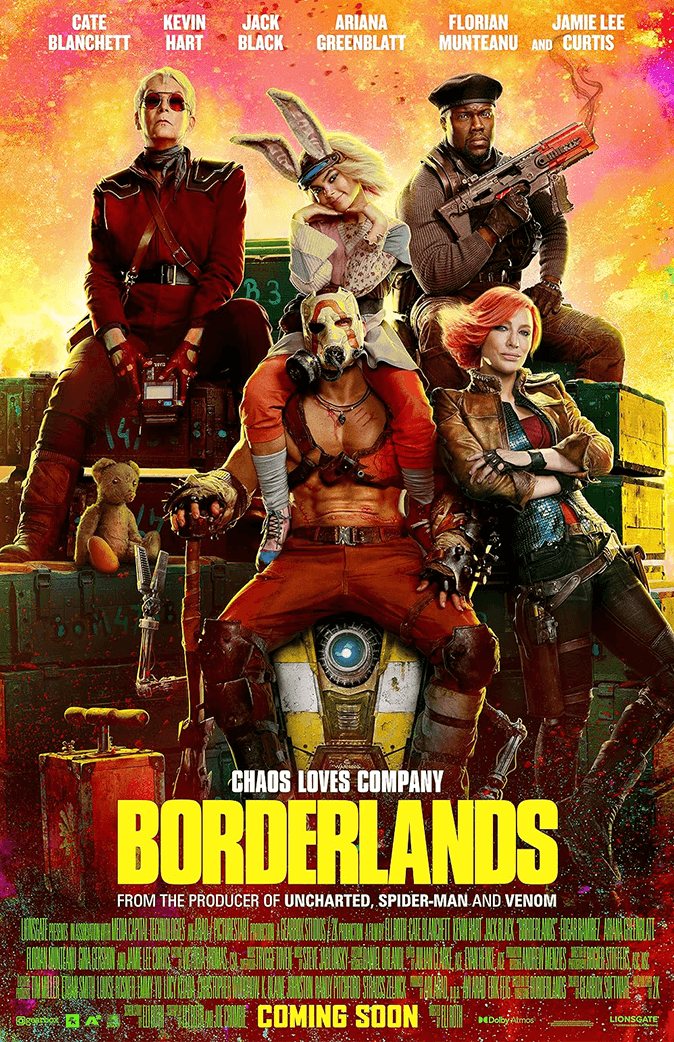
Unlock More from Deep Focus Review
To keep Deep Focus Review independent, I rely on the generous support of readers like you. By joining our Patreon community or making a one-time donation, you’ll help cover site maintenance and research materials so I can focus on creating more movie reviews and critical analysis. Patrons receive early access to reviews and essays, plus a closer connection to a community of fellow film lovers. If you value my work, please consider supporting DFR on Patreon or show your support in other ways.
Thank you for your readership!
Brian Eggert | Critic, Founder
Deep Focus Review


